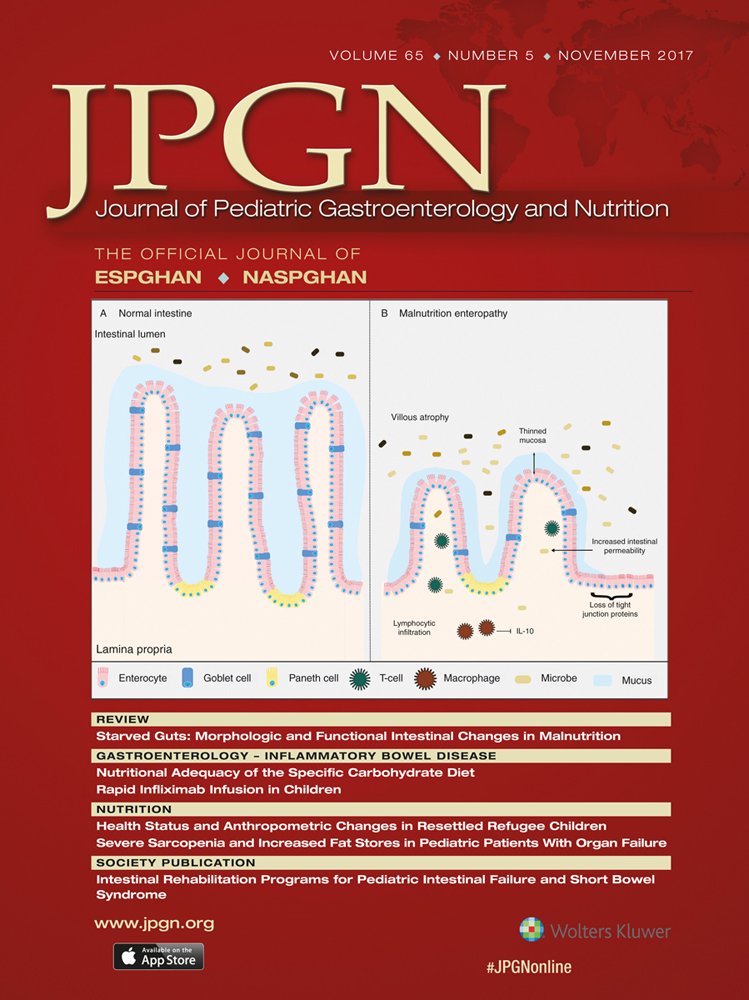Validation of a Self-efficacy Scale for Adolescents and Young Adults With Inflammatory Bowel Disease
Supplemental digital content is available for this article. Direct URL citations appear in the printed text, and links to the digital files are provided in the HTML text of this article on the journal's Web site (www.jpgn.org).
The authors report no conflicts of interest.
ABSTRACT
Self-efficacy (SE) is a strong predictor of health outcomes in chronic diseases. The aim of the study was to develop a valid and reliable SE scale for adolescents and young adults with inflammatory bowel disease (IBD). Participants with IBD, 12 to 25 years’ old, were recruited via outpatient gastroenterology clinics and online to provide demographic and clinical information and to complete psychosocial questionnaires. Reliability statistics, principle components factor analysis, and Pearson correlations with psychosocial variables assessed the psychometric properties of the IBD Self-efficacy Scale for Adolescents and Young Adults (IBDSES-A). A total of 95 participants completed the study. Internal consistency and split-half reliability of the IBDSES-A fell above the acceptable standard cutoff. Principle components factor analysis yielded 3 potential subscales. Test-retest reliability was excellent. Construct validity is supported by significant positive correlations with self-esteem and health-related quality of life, and negative correlations with depression and anxiety. IBDSES-A, a 13-item disease-specific scale to assess SE toward disease management, demonstrates good reliability and construct validity and could be a useful tool in understanding the role of SE in pediatric IBD self-management and outcomes.




